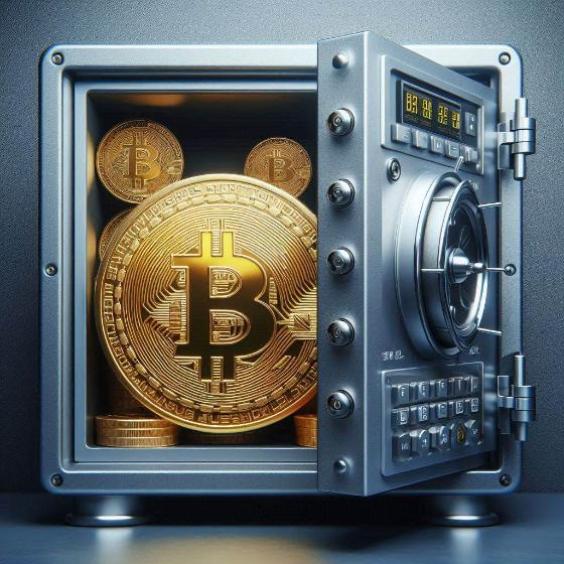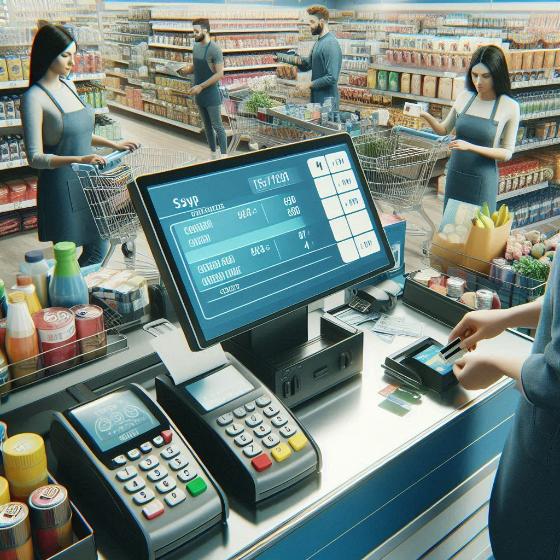How to store your Bitcoins securely
Have you heard the case of a guy who had his cell phone stolen... and inside he had a Bitcoin wallet with over $50,000 USD! It may sound like a bad dream, but this kind of stories are more common than you might think. The lesson? No matter how many Bitcoins you have, if you don't store them securely, you could lose everything in the blink of an eye.
In this article, we explain how to protect your Bitcoins, what storage methods exist, when it is convenient to use third-party platforms and what type of wallets are the most suitable for keeping your cryptocurrencies safe. Always remember: "The owner of the Bitcoins is the owner of the passwords".

Risks of Storing Bitcoin on Third-Party Pages
There are multiple ways to store Bitcoin, but one of the most common is to use third-party platforms such as exchanges (Binance, Coinbase, Kraken) or online wallet services. Although these options are convenient, especially for those who trade or make frequent exchanges, they have their risks.
When you store your Bitcoins on an exchange or online wallet, you do not have direct control over your private keys. This means that you trust the platform to keep your funds safe. But, if the platform is hacked or goes through legal problems, you could lose access to your cryptocurrencies. A recent example was the bankruptcy of FTX, where thousands of users saw their savings disappear overnight.
When is it Worth Having Your Cryptos on Exchanges?
Although there are risks, there are some situations in which it may be convenient to have your cryptocurrencies on a third-party platform, such as:
Active Trading: If you make frequent buying and selling transactions, having your cryptocurrencies on an exchange facilitates the process. However, make sure to withdraw your funds to a secure wallet once you finish your transactions.
Obtaining Yield: Some exchanges offer services such as staking or loans, which allow you to generate interest. However, keep in mind that, in exchange for this yield, you are giving up control of your funds.
Exchange Between Multiple Cryptos: Exchanges are useful for exchanging Bitcoin for other cryptocurrencies quickly and efficiently. However, the goal should be to store the majority of your funds in a secure wallet once you finish your operations.
Options for Storing Bitcoin Securely
If you decide to be the owner of your own private keys and, therefore, the true owner of your Bitcoins, there are several secure storage options. Each of them has its advantages and disadvantages:
Software Wallets
These are applications or programs that you can install on your computer or smartphone. Some known options include Electrum, Exodus, and Wasabi Wallet. These wallets offer a good balance between security and accessibility. However, they are connected to the internet, so there is still the risk of hacking or malware.
Mobile Wallets
Mobile wallets such as Trust Wallet and Mycelium are applications that allow you to carry Bitcoin on your smartphone and use them easily. They are ideal for small and quick payments, but it is not recommended to store large sums in them, as security depends on the device. If you lose or have your cell phone stolen (as in the case of the guy at the beginning), and you do not have a backup, you could lose everything.
Hardware Wallets
Devices such as Coldcard and Ledger Nano S/X are hardware wallets that store private keys offline. They are highly recommended for storing large amounts of Bitcoin. As the keys are offline, the risk of hacking is almost non-existent. Their only drawback is that, if you lose the device and the recovery phrase, you will not be able to access your funds.
Paper Wallets
A paper wallet is simply a document with your private and public keys printed on it. It is highly recommended if you keep it in a safe place protected against disasters. However, if you lose the paper or it gets damaged, recovering your funds will be virtually impossible.
Multi-Sig Wallets
With Multi-Sig (multi-signature), several signatures are required to authorize a transaction. This option is ideal for companies or groups of people who want an additional layer of security, as a single person cannot move the funds on their own.
Additional Measures to Keep Your Bitcoins Safe
In addition to choosing the right wallet, there are other practices that every Bitcoin owner should follow:
Make Backups: Save backups of your private keys and recovery phrases in several safe places. Consider storing them in a safe or in geographically separate locations.
Use Two-Factor Authentication (2FA): If you use online services, enable 2FA to add an additional layer of protection.
Avoid Public Networks: Never make cryptocurrency transactions from public networks or unknown devices.
Regularly Update Software: Make sure your wallet and security software are always up to date to protect against new vulnerabilities.
Be the Owner of Your Passwords
Storing your Bitcoins securely means being the true owner of your private keys. If you trust third-party platforms, you are assuming the risk that they handle your funds, which can be costly. The best option is always to use a hardware wallet or some offline option to keep your cryptocurrencies safe.
Remember: "The owner of the Bitcoins is the owner of the passwords". Make sure to take the necessary precautions to protect your funds and avoid becoming the protagonist of a sad story of loss due to negligence or theft.






